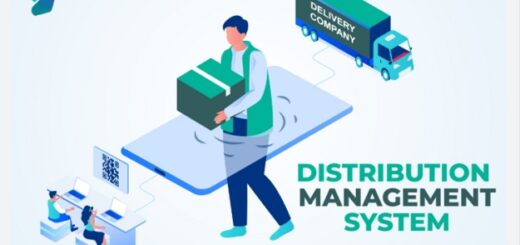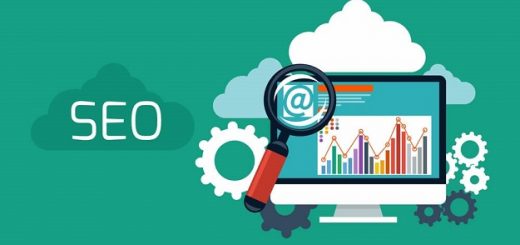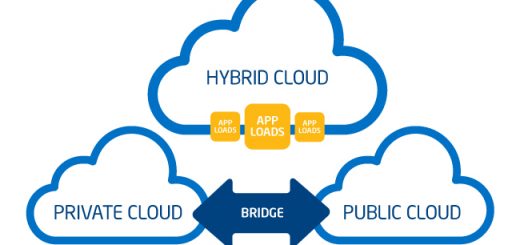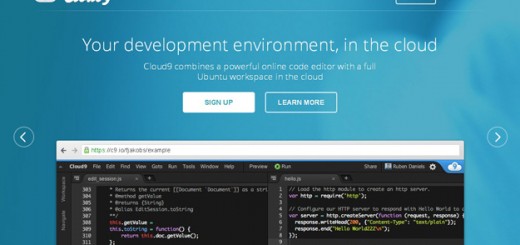Some technology that only recently seemed in the realms of fiction is already here. Advanced tech such as AI (Artificial Intelligence) and IoT (Internet of Things) is showing itself in everyday usage including digital assistants such as those used on smartphones.
Certain tech including virtual and augmented reality has become more usable due to related tech improving such as data management and higher speed connectivity.
For example, modern POS (Point of Sale) systems can be used in more locations thanks to more widespread higher speed connectivity, and the copious data produced concerning sales information and customer buying preferences can be manipulated more easily though inexpensive data storage options like the cloud.

Development of major tech advances
The future of business tech is likely to be in the expansion of key tech areas such as IoT, Big Data and AI.
AI
AI is very much in use now with digital assistants such as Apple’s Siri and Amazon’s Alexa, and chatbots in widespread use by companies both small and large to provide automated customer service and some marketing tasks, but there’s much more round the corner from AI.
It’s entirely likely the tech will enable production and intelligence for a wide range of industries. For example, a manufacturing facility would use AI to monitor its machinery to spot malfunctions before they cause a complete failure and lower production output.
Financial companies can use powerful AI equipped tech to assess the money markets and predict outcomes.
The ability of AI to process huge amounts of data, learn from it and combine it with human insights will only become more powerful and useful going forward.
IoT
Very much complementing AI since the processing and ‘learning’ from huge amounts of data is part of how IoT functions.
IoT effectively helps machines and tech generally ‘talk’ to each other through being connected via wi-fi or mobile data. At a basic level it’s how smart energy meters monitor energy usage and send it to the energy company automatically.
IoT will eventually help entire towns and cities become ‘smart’ as infrastructure such as transport communicates information. For example, details on whether trains are running on time and where parking spaces are to save motorists driving round looking will be easily accessible.
More communicating tech will be developed. The driverless car is a key example of IoT in action; the car will ‘talk’ to the road and buildings infrastructure to navigate its way round through connectivity and sensor tech.
Blockchain
Blockchain is a type of digital ledger that underpins cryptocurrencies.
So far cryptocurrencies such as the largest, Bitcoin, can be used to buy a multitude of products and services with major brands embracing the medium of exchange.
Some say blockchain could circumvent traditional financial institutions; its peer-to-peer transaction model could reduce costs and speed up financial processes to help businesses. Blockchain could also help financial security as a way of helping combat cyber attacks – the way it can help organizations get away from centrally storing data would be a big help here.
Wearable tech and ‘bumping’ tech along
Wearable tech such as the Apple Watch is part of a move for mobile devices and office based tech to ‘move up’ in use.
For example, being able to perform many smartphone functions on a device like an Apple Watch means it could take the place of the smartphone’s present role to an extent. Similarly, with smartphone screens getting larger and soon to be available foldable phones offering even bigger displays it means the smartphone could move into tablet territory.
Tablets could become more of a productivity device as opposed to the media consuming device they presently are so replacing laptops in some cases.
Small businesses can benefit from advanced tech
It’s an exciting time ahead – perhaps because advanced tech levels the playing field in many cases it means smaller concerns can benefit from powerful new tech. For example, relatively cheap cloud storage means small businesses can take advantage of tech such as AI and Big Data without having to invest in expensive physical storage.




